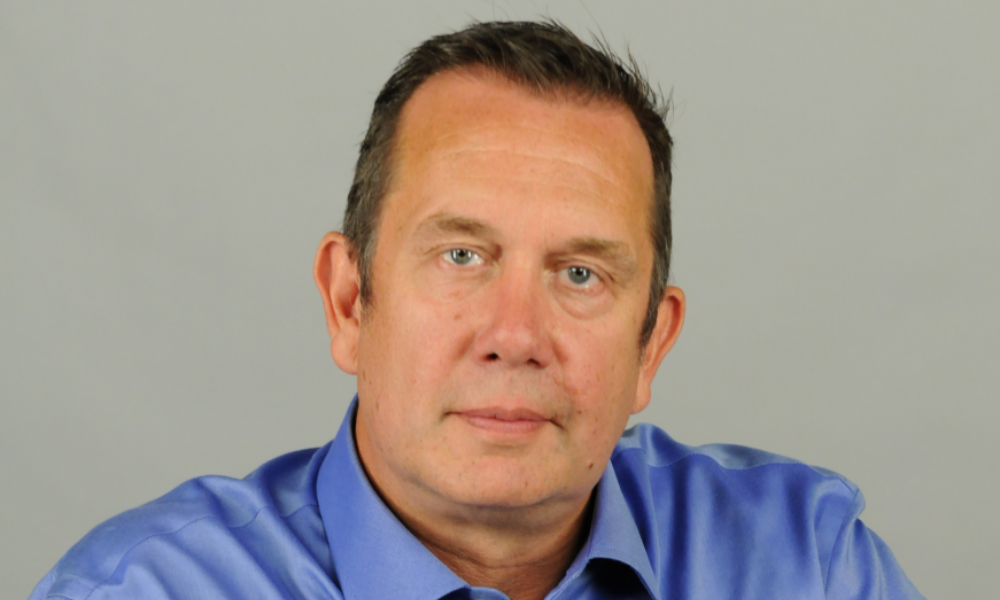VP explains how his firm addresses issues like Cyberattacks and regulatory scrutiny

In world of benefits, adaptation is not just an option; it’s a necessity. With new challenges and issues constantly popping up in the sector, agility and education are the twin keys to success. Speaking with BPM, Peter O'Hara, Vice President at The PBAS Group, sheds light on these constant changes, especially within the multi-employer pension and benefit plan sponsors sector.
“We've seen a great deal of consolidation in the insurance industry,” he says. “The mergers and acquisitions that have taken place started decades ago but have narrowed the playing field significantly. I'm not blaming our valued insurance partners - but with consolidation has come less selection, and because of other cost pressures it's become expensive to insure benefits.”
Another pivotal change O'Hara discusses is the increase in inflationary pressure, particularly noticeable in the aftermath of the pandemic.
“Post-COVID especially, we saw a lot of pent-up claims utilization inflation. However, there are other reasons at play. There’re fee guide increases, which reflect general inflation out there in the marketplace.”
For example, O'Hara mentions Ontario's 8.5% and 4.5% increases in the ODA fee guide in consecutive years – something that’s reflective of the industry at large. He also doesn’t shy away from addressing the complexities of regulatory requirements and scrutiny, especially on the pension side.
"Regulatory scrutiny is a challenge," he admits. “Not only in terms of reporting requirements but meeting new guidelines and requirements.”
But perhaps one of the most pressing issues O'Hara identifies is cybersecurity risk, a concern that has grown exponentially in relevance and urgency over the past decade.
"Cybersecurity risk...it's been incredibly acute,” he says. “Not only the incidences of cyber hacks but the need for cybersecurity insurance and the cost associated with it is not insignificant.”
And the data’s there to back up O’Hara’s concerns. According to a 2024 report from Proofpoint, two thirds of Canadian employees knowingly put their organizations at risk to cyberattacks – with the negative consequences of phishing scams having soared by 326% compared to the previous year. What’s more, just 26% of companies in Canada educate their users on how to recognize and prevent TOAD attacks – and just 34% educate their users on generative AI safety.
On the topic of AI, O’Hara thinks there’s a lot of potential for the tech in the sector – especially where detecting patterns and analyzing claims for fraud come in.
“[Organizations] made some leaps and bounds in relation to benefits fraud – it’s quite impressive actually. Data sharing names, sharing perpetrators of fraud, that’s what we’ve been focusing on for years. [So AI] is a helpful tool for the industry here.”
Alongside the tech, O’Hara touches on the instrumental role of industry gatherings and associations in fostering a collective approach towards combating fraud. He mentions his participation in the IF’s fraud conference and a webinar hosted by the Canadian Life and Health Insurance Association (CLHIA), praising their efforts in making strides against benefits fraud.
Looking towards the future, O'Hara discusses the landscape of Defined Contribution (DC) and Defined Benefit (DB) plans, predicting an increase in online administrative services for DC plans and reinforcing his belief in the enduring value of DB plans.
“I still see a future for defined benefit pension plans in Canada. The challenge is going to be further regulatory requirements and scrutiny. It’ll be a never-ending process, especially province to province. We have a very large, multi-provincial plan that we administer which is an ongoing and cumbersome process of consulting on provincial regulatory change.”
However, tech could help here too – with O’Hara super confident that the digital revolution will only continue to thrive.
“I'm not sure what that further development is going to look like - that's for younger people than I. I've attended some sessions recently on AI and essentially the message is that we’re only looking at the tip of the iceberg - how AI can be meaningful and productive is just beginning in our space.”



